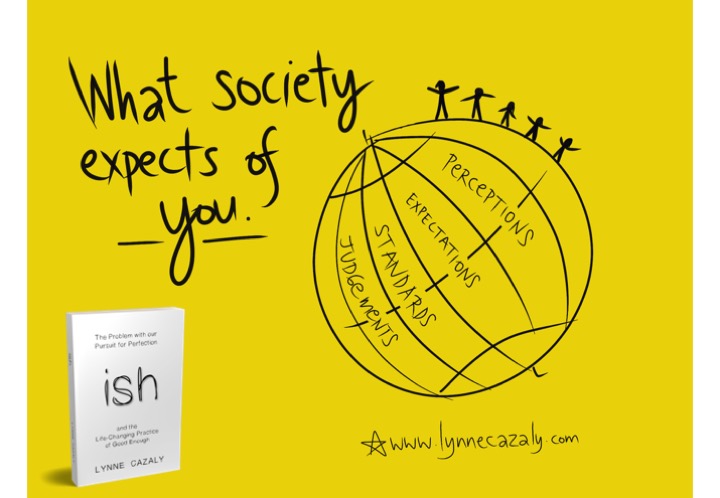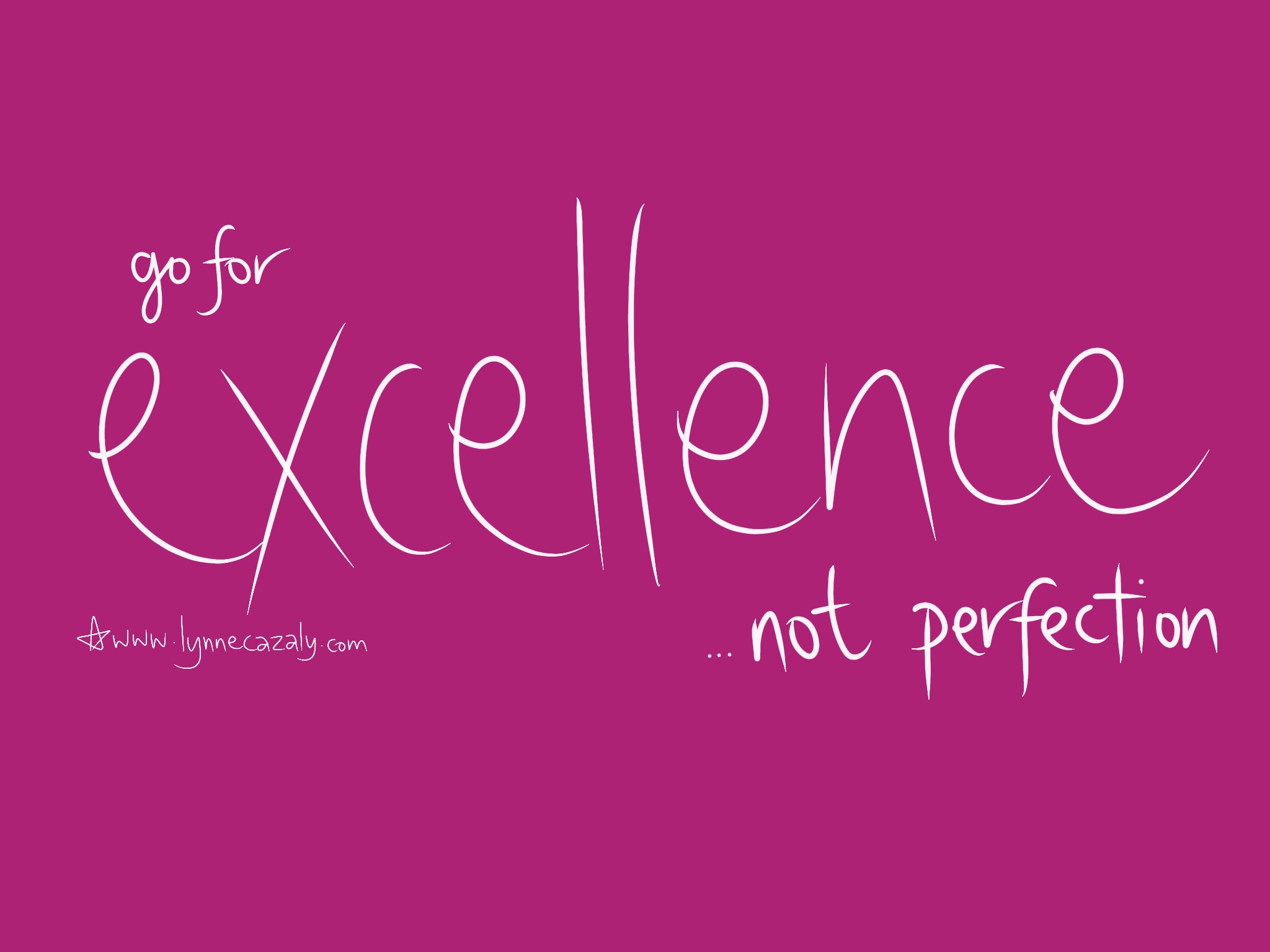When is enough ... enough
 Thursday, December 5, 2019 at 8:49AM
Thursday, December 5, 2019 at 8:49AM  This week I've posted on 4 things:
This week I've posted on 4 things:
How much INFORMATION is enough
How much THINKING is enough
How much WORK is enough
How many REVISIONS are enough.
Enough. It means 'adequate, sufficient, ample'. Our research, thinking, working and revisions can be either a productivity winner ... or a productivity killer. When we spend more than enough time researching, more than enough time thinking, and then overworking and reworking, we need to pause, stop, and understand:
- what we are doing, and
- why we are doing it.
It's too easy to get swept up or drawn down into the activities of our daily work and life ... and it's a key reason why our productivity takes a hit. A huge part of self-leadership is knowing how much is enough. And then when it's enough, we need to press the button, go live, launch or release the thing.
Take care of yourself and others by not wasting unnecessary time, energy and worry on tasks and activities that aren't needed. Enough. It could be the most effective productivity tool you've got.
Q: What's good enough to go live on in your world right now?






















